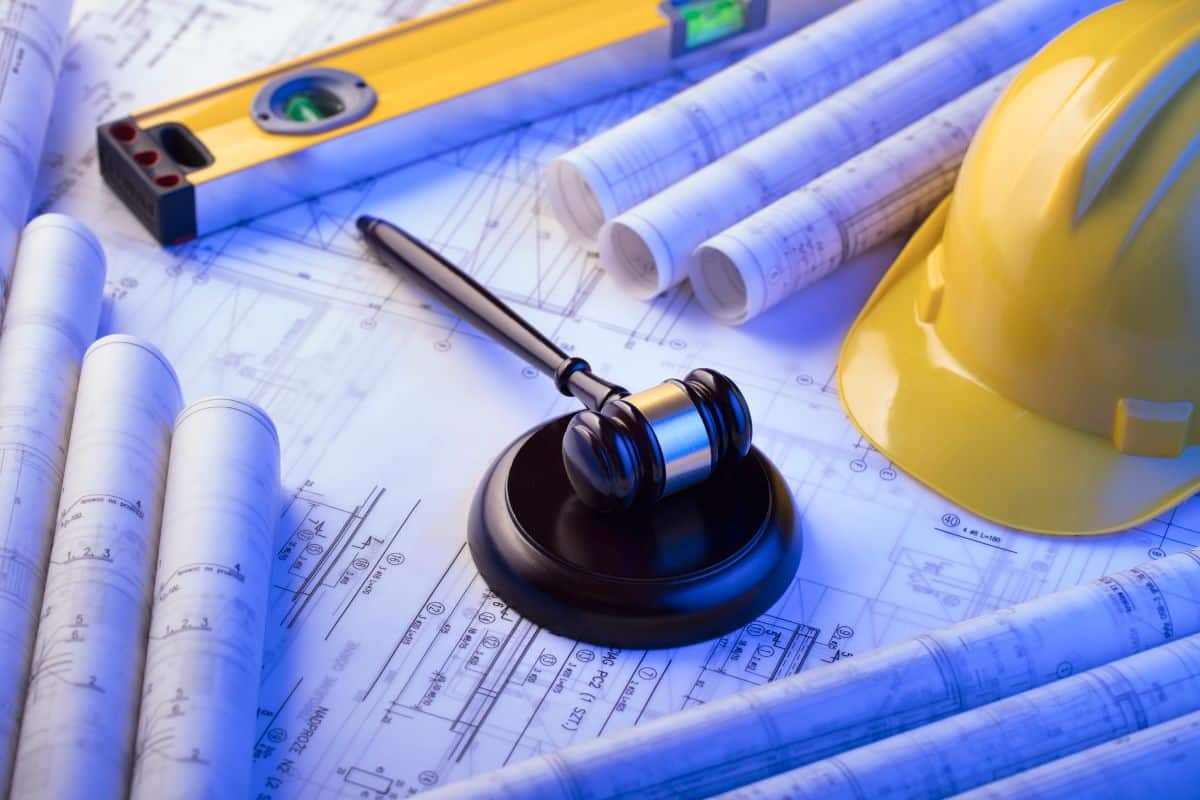Construction litigation has six general stages that you will move through during the process. If you are pursuing a construction industry lawsuit, you may have questions about what will happen next in the case. Understanding these six stages will keep you on track as you work with your lawyer during the construction litigation process.
-
Case Investigation
The first stage of every construction litigation matter is case investigation. When you first learn that you might need to sue someone in court, or that you might get sued, it’s necessary to do some investigation. The best person to conduct this investigation is an experienced construction lawyer. The lawyer can ask you questions about what led to the potential litigation. Moreover, he can review relevant documents and interview possible witnesses.
Your lawyer needs to investigate to determine the potential claims you could make or defenses you could assert in court. He also needs to evaluate the possibility of settlement in your case. One part of the initial investigation may involve making a settlement demand or responding to a settlement demand.
-
Court Filings
If settlement talks are unsuccessful or your lawyer decides they are not a good idea, you will move on to filing a lawsuit in court. While this may sound intimidating, filing a lawsuit is a good way to have your case heard by an impartial judge. The judge will evaluate your claims on their merits by interpreting state or federal law.
To file a lawsuit, your lawyer will prepare a complaint. This is a document explaining the legal claims you are asserting against someone else. If you are instead responding to a lawsuit, your lawyer will prepare an answer to the complaint replying to the claims that someone else asserts. Be sure to inform your lawyer (or hire a construction lawyer) right away after you receive a complaint or any court documents during your case.
-
Pre-Trial
Construction litigation typically involves a pre-trial discovery stage. Discovery refers to requesting documents and information from the other people involved in the case. During pre-trial discovery, you may have the opportunity to take depositions. Depositions are interviews under oath, where your lawyer asks the other people involved in the case probing questions about your claims. The discovery process helps you prepare for a possible trial. You need to gather the necessary facts to support the legal claims made in the complaint or answer.
-
Trial or ADR
Some construction litigation claims go to trial. Before your case goes to trial, you may opt to try alternative dispute resolution (ADR). ADR methods such as mediation and arbitration can help you resolve your case without the need for a trial. In both processes, a neutral person listens to your arguments and facts of the case. A mediator encourages the parties to come together and agree on a settlement. An arbitrator hears arguments on both sides, then makes a decision that binds the parties.
If your case does go to trial, it is especially important to find a qualified construction law firm. You will need your lawyer’s assistance to prepare for trial. A judge alone may hear your case at trial, or you may have a jury trial. In either case, your lawyer will prepare which questions to ask which witnesses, as well as which evidence to present in support of your case.
-
Settlement
As mentioned above, settlement could be in the cards for your construction litigation matter. A settlement is an agreement between the parties to a dispute, typically to pay money in exchange for dropping the legal claims. Settlement can occur at any point in the case investigation or pre-trial stages. If you agree to settle, you should sign a written settlement agreement describing the terms.
-
Possible Appeal
If your case goes to trial, you will receive a final order from the judge. Depending on the circumstances, it might be appropriate to appeal the order. Appeals are not always a good idea – it’s important to consult your lawyer about a potential appeal. If you do appeal, your case would be heard by a higher court for a second decision on the issues.
Construction Litigation Questions? Call Us
At Henke & Williams, LLP, our experienced Houston law firm is here to help. We represent construction industry clients in litigation and pre-litigation matters. Because we understand the industry, we can tailor our legal advice to your specific situation. To set up a consultation, call 713-940-4500 or use our convenient Contact Form.


